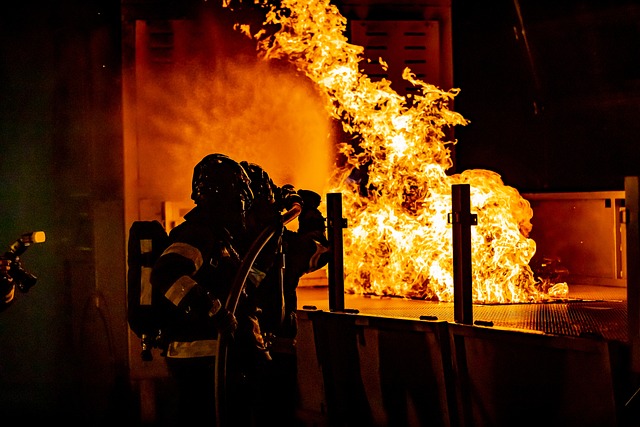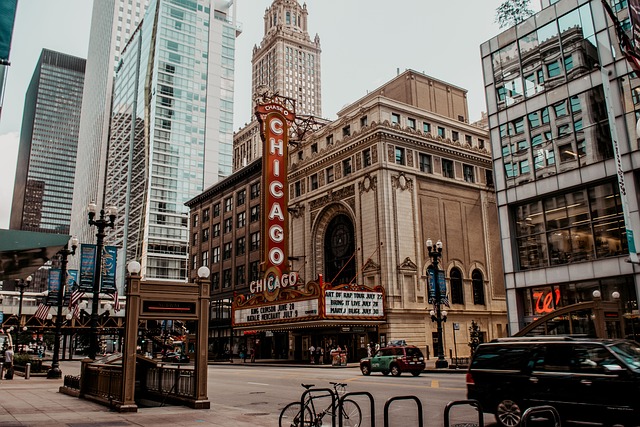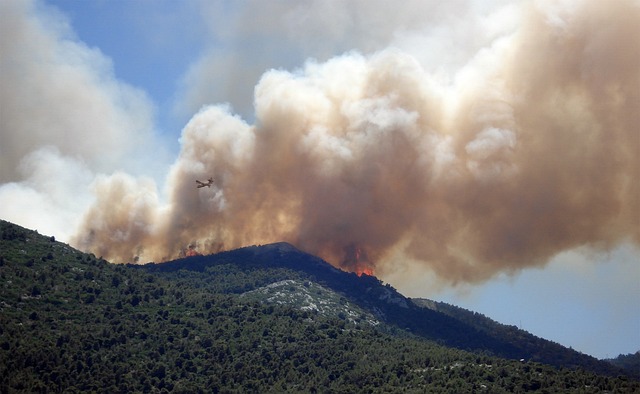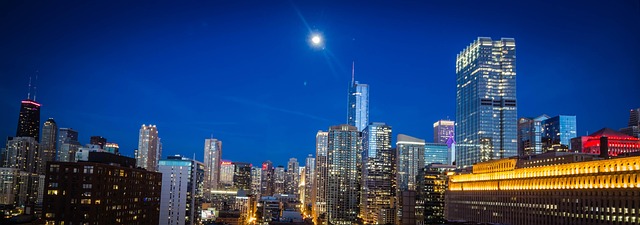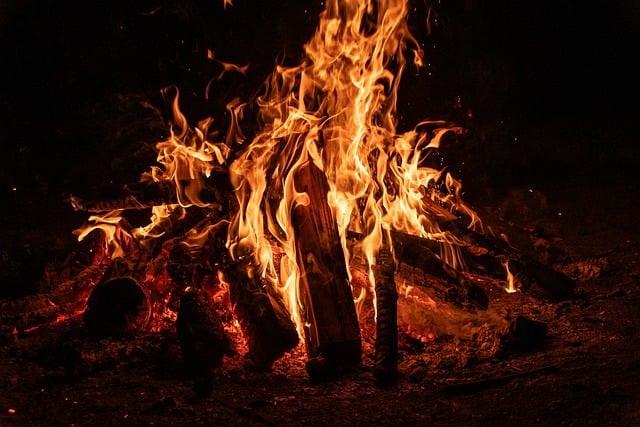Smoke damage from fires can significantly impact Chicago homes, affecting structural integrity and indoor air quality. Proper remediation is crucial for mitigating health risks and ensuring the safety of future occupants. Selling a home with fire damage in Chicago requires a meticulous inspection by professionals to evaluate structural integrity, critical systems functionality, and hazardous materials presence. Swift remediation, including documentation, professional engagement, temporary solutions, repairs, restoration, and deep cleaning, prepares the home for sale. Understanding Illinois laws governing distressed properties and navigating insurance claims is essential. Engaging top-tier smoke damage restoration companies enhances property value and appeal, making it easier to sell or securing the best sale price.
In the aftermath of a fire, understanding smoke damage remediation is crucial for homeowners in Chicago considering a sale. Smoke damage can significantly impact indoor air quality and health, necessitating proper mitigation before putting your home on the market. This guide navigates through the process, from assessing fire damage to legal considerations and selecting top-rated restoration companies in Chicago. If you’re asking “can you sell a house that has fire damage Chicago?”, this article provides essential insights for a smoother real estate transaction.
- Understanding Smoke Damage: The Immediate Impact and Health Risks in Chicago Homes
- Assessing the Extent of Fire Damage: What to Look For Before Selling
- Step-by-Step Guide: Remediating Smoke Damage for a Faster Real Estate Transaction
- Legal Considerations and Insurance Claims: Navigating Post-Fire Property Sales in Illinois
- Top Smoke Damage Restoration Companies in Chicago: Ensuring Quality Service for Your Home
Understanding Smoke Damage: The Immediate Impact and Health Risks in Chicago Homes
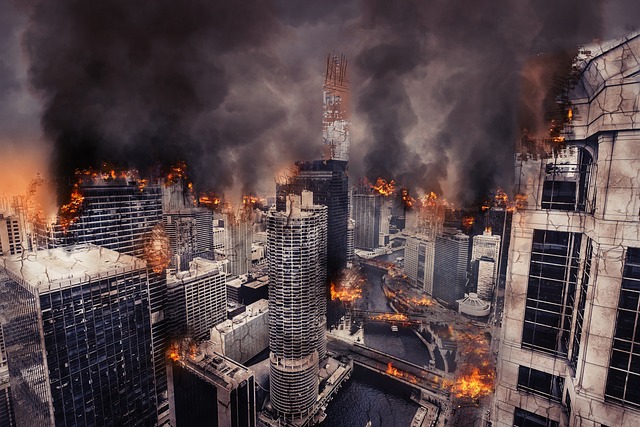
Smoke damage from a fire can leave a significant mark on Chicago homes, impacting both structural integrity and indoor air quality. The immediate impact is often visible—charred walls, stained ceilings, and smelt of smoke lingering in the air. But the health risks associated with smoke damage extend beyond what meets the eye.
Toxic substances like soot, ash, and volatile organic compounds (VOCs) can remain trapped in textiles, furniture, and even building materials. These contaminants can lead to respiratory issues, allergic reactions, and long-term health problems for residents. Understanding these immediate impacts is crucial for those considering selling a house with fire damage in Chicago, as proper remediation is essential to mitigate risks and ensure the safety and comfort of future occupants.
Assessing the Extent of Fire Damage: What to Look For Before Selling
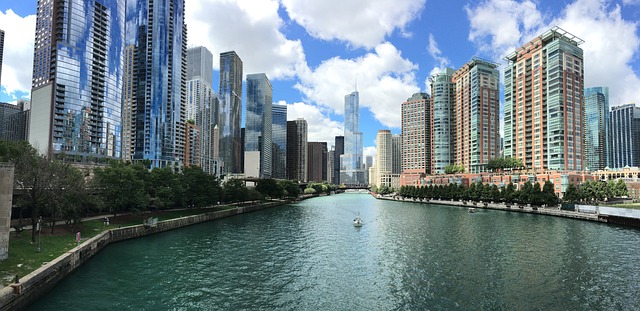
When considering whether to sell a house that has sustained fire damage in Chicago, assessing the extent of the harm is crucial. Beyond visible charring and ash, potential buyers will want to know if there’s structural integrity, if essential systems like electrical wiring, plumbing, and HVAC are functional, and if any hazardous materials remain—like lead or asbestos. A thorough inspection by professionals is recommended before proceeding with a sale.
Look for signs of smoke damage beyond what meets the eye. Blackened ceilings and walls could indicate soot deposition, while musty odors suggest water damage from extinguishing efforts. Check for warping doors and windows, which may signal structural instability caused by extreme heat. It’s essential to disclose all findings transparently to avoid potential legal issues and ensure a smooth selling process.
Step-by-Step Guide: Remediating Smoke Damage for a Faster Real Estate Transaction
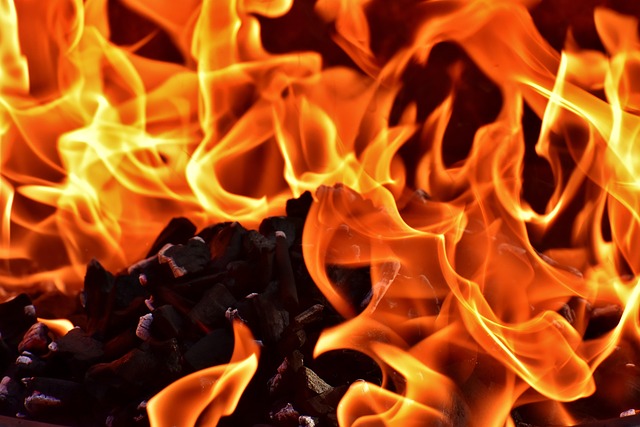
Selling a home with smoke damage in Chicago? Remediating the damage swiftly is key to a faster real estate transaction. Here’s a step-by-step guide tailored for Illinois homeowners:
1. Assess the Damage: Start by thoroughly inspecting your property. Identify the extent of smoke and fire damage, focusing on structural elements, surfaces, and personal belongings. Document everything with photos for insurance purposes and to aid in the remediation process.
2. Retain Professionals: Engage the services of qualified restoration specialists experienced in smoke damage remediation. They will employ specialized equipment and techniques to thoroughly clean affected areas, removing odor, soot, and any remaining hazardous materials. This step is crucial for both restoring your home’s integrity and ensuring a safe living environment.
3. Temporary Solutions: While professionals work, consider temporary solutions like air purifiers and deodorizers to mitigate odors. Protect valuable items with protective covers and move furniture away from damaged areas to expedite the remediation process.
4. Restore and Repair: Once the initial cleaning is complete, address any structural repairs needed. This may include replacing drywall, repairing or painting walls, and restoring floors. Ensure all repairs meet local building codes before proceeding.
5. Deep Cleaning: After repairs, conduct a thorough deep clean to remove any lingering smoke residue and ensure the home is ready for new occupants. This final step guarantees a fresh start for both you and potential buyers.
Legal Considerations and Insurance Claims: Navigating Post-Fire Property Sales in Illinois
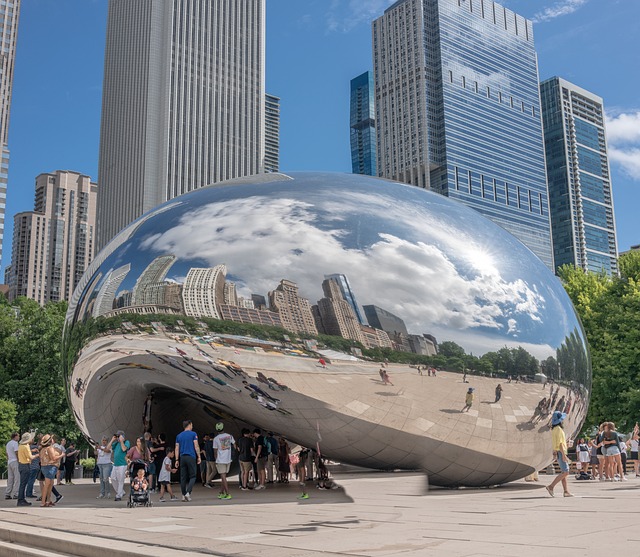
After a fire, homeowners in Illinois often face complex legal and financial decisions regarding their property. One significant consideration is whether to sell a house that has experienced smoke damage. In Chicago and throughout the state, real estate transactions are governed by specific laws that come into play when dealing with distressed properties. Homeowners must be aware of their rights and obligations, especially when it comes to disclosing fire damage in sales agreements.
Navigating insurance claims is another critical aspect. Illinois law requires homeowners’ insurance policies to cover direct physical loss caused by perils such as fires. When smoke damage occurs, understanding the scope of coverage and communicating effectively with insurance providers is essential. Homeowners should document the extent of the damage, gather estimates for repairs, and provide clear evidence of the fire’s origin and cause to ensure a smooth claims process. This knowledge empowers them when making decisions about property sales post-fire.
Top Smoke Damage Restoration Companies in Chicago: Ensuring Quality Service for Your Home
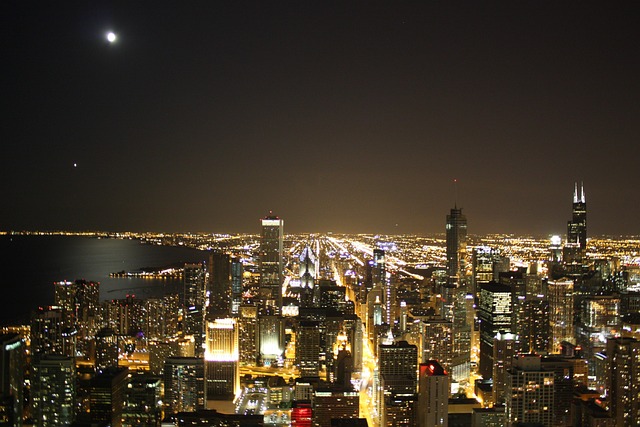
When dealing with smoke damage from a fire, it’s crucial to turn to professionals for effective remediation. Chicago, being a bustling metropolis, is home to several top-tier smoke damage restoration companies that can provide quality service for your home. These experts are equipped to handle not just the visible effects of smoke but also the hidden odors and residues that can persist long after the fire is extinguished. They employ advanced techniques and equipment to ensure thorough cleaning and decontamination, making your space safe and livable once again.
If you’re considering selling a house that has sustained fire damage in Chicago, it’s essential to engage these professionals first. A well-restored property can significantly increase its market value and appeal to potential buyers. These companies understand the unique challenges of smoke damage in homes and are dedicated to restoring your space to its pre-fire condition, ensuring a smoother transition for you or helping you secure the best possible sale price.
When dealing with smoke damage and considering whether to sell a house that has fire damage in Chicago, a swift and professional remediation process is key. By following the step-by-step guide provided and understanding the legal aspects, homeowners can navigate this challenging situation effectively. Engaging reputable restoration companies specialized in smoke damage repair ensures not only high-quality service but also facilitates a smoother real estate transaction. Remember, proper assessment and timely action are crucial to mitigating health risks and increasing the chances of selling your Chicago property successfully.
